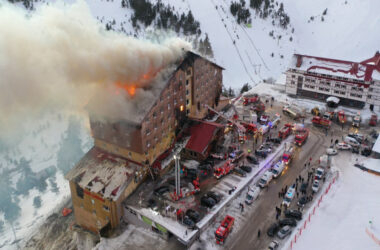Fact-checkers, entrusted with debunking misleading claims and clarifying misinformation, are increasingly becoming targets of abuse in an era marked by distrust in mainstream media.
A report by the European Digital Media Observatory (EDMO) highlights a troubling rise in hostile actions aimed at undermining their work.
According to the EDMO report, 66% of respondents—including academics, journalists, and fact-checkers—reported experiences of online harassment, intimidation, physical threats, or doxxing. While most of these incidents occur exclusively online, a “significant amount” spans both online and offline settings. Offline-only cases remain rare.
The most common forms of abuse include trolling, threatening emails, coordinated harassment campaigns (brigading), and doxxing, where personal information is shared without consent. These attacks often arise in retaliation for fact-checking on sensitive topics such as COVID-19 misinformation, migration, environmental issues, and women’s rights. Additionally, investigations into conspiracy theory networks and public discussions on platform regulation and conspiracy theories are frequent triggers.
The EDMO report notes that attackers frequently attempt to delegitimize fact-checkers by labeling them as “censors,” “foreign agents,” or “politically biased.” Allegations of dubious funding are also a common tactic used to erode trust in the counter-disinformation community.




